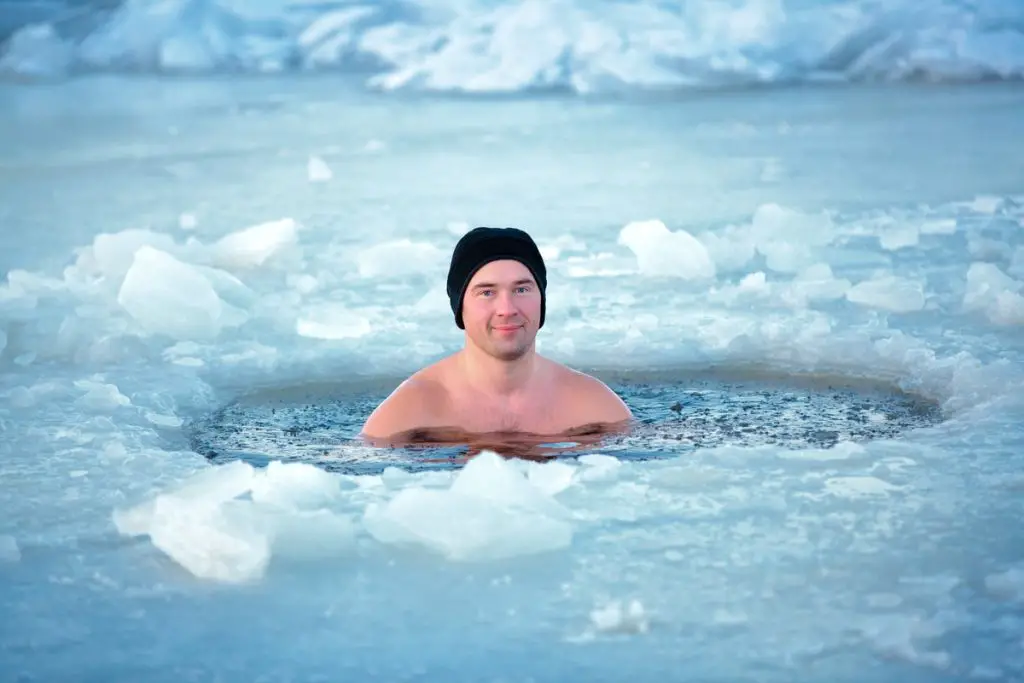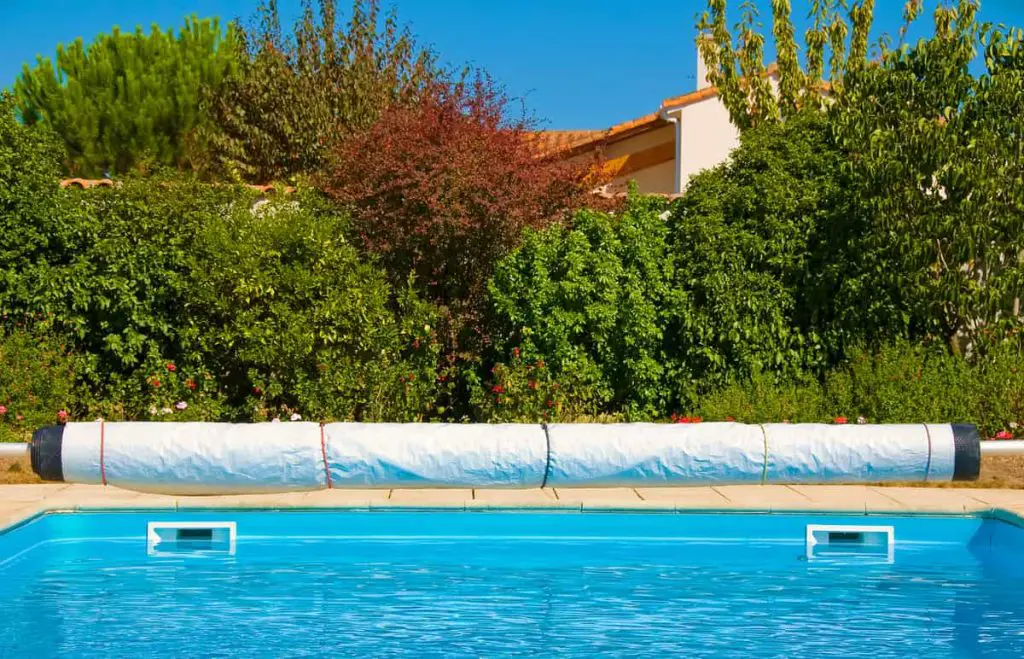Swimming pools are a great way to get some exercise, relax, or have a good time with friends or family. But one thing that takes away from the fun is when the water is not warm. This may lead one to wonder why swimming pools get so cold.
Here are 5 reasons why swimming pools get so cold:
- The air temperature affects the water temperature.
- The wind can affect the temperature of the swimming pool.
- Evaporation causes pools to get cold.
- The pool is not heated.
- The pool has not been covered.
This article will provide an in-depth look at the above reasons to explain why swimming pools get so cold. Keep reading.

The Air Temperature Affects the Water Temperature
One of the most significant reasons swimming pools get so cold is the weather in the swimming pool area. There are several factors to consider when it comes to how weather can affect the water temperature of outdoor pools. However, the outside temperature is the most obvious factor to consider.
If the air is cold, then the water will get colder quickly. Having a colder water temperature makes sense as water is not a good conductor and takes a lot of energy to heat up. So if it is cold outside, that will make it very challenging for the swimming pool to heat up.
That said, the rate of evaporation increases proportionally to the temperature of the air. There is a direct correlation between higher temperatures and a higher degree of evaporation. This is another factor to keep in mind when thinking about how air temperature affects water temperature.
The Wind Can Affect the Temperature of the Swimming Pool
You also need to consider the fact that wind plays a role in the temperature of the swimming pool. Living in a windy climate can play a significant role in how cold your pool gets. The wind can affect the temperature of your pool in different ways:
- When wind moves across a swimming pool, it carries some water from the top of the pool up into the air. This water movement is significant because you lose some of the warmest water from your swimming pool immediately after a gust of wind takes water droplets off the top.
- The wind can stir the water in the pool. When this happens, the remaining warmer water on top gets mixed with the colder water on the bottom, causing the overall temperature of the swimming pool to decrease.
Therefore, the loss of water from the top of the pool plus the movement of colder water higher up are significant ways that wind causes swimming pools to feel colder.
Evaporation Causes Pools To Get Cold
Another reason why swimming pools get cold is because of evaporation. Evaporation causes swimming pools to lose an incredible amount of energy through the loss of water, thereby causing a decrease in the water temperature.
When considering the rate of evaporation, humidity plays an important role. The less humidity in the air, the greater the rate of evaporation. The amount of moisture in the air directly impacts the water’s evaporation. Therefore, the more humid a climate is, the less chance your swimming pool water will evaporate and decrease the water temperature significantly.
The Pool Is Not Heated
Because swimming pools contain large amounts of water, and water doesn’t heat up very quickly, it will often stay frigid if your swimming pool doesn’t have a heating element.
The good news is that there are many options to help heat your swimming pool. However, they can be expensive and, at times, take quite some time to heat the pool. Nonetheless, pools that have ways to heat up through various energy modes will often be much warmer than unheated pools.
The main thing to remember is that it takes time to heat the pool. So, if you are planning to swim and want the water to be warm, you would need to plan your swim accordingly.
The rate at which the water increases in temperature depends on a couple of things. The size of the swimming pool can determine how long it takes to heat up. Also, if your pool is outdoors and the temperature is cold, it will take much longer to heat up.
Both pool size and temperature determine how long it takes your pool to heat up. However, a typical swimming pool generally takes 1-3 days to increase heat by 20℉ (-6.67 °C).

The Pool Has Not Been Covered
Both outdoor and indoor pools require temperature regulation, but outdoor pools see the most fluctuation in weather. Because of this, it is imperative to do everything possible to ensure that the pool temperature stays as consistent as possible.
One way to keep the pool temperature warmer despite the cold outside elements is to cover the swimming pool. Covering a swimming pool for the most prolonged period possible helps maintain a warmer temperature in the pool.
Maintaining warmer temperatures is attained by insulating the pool from the colder outdoor temperatures. Also, the cover absorbs solar rays, which can help to naturally heat the swimming pool. In addition, covering your pool can dramatically decrease the evaporation of the pool’s water.
Using a pool cover frequently dramatically decreases the amount of heat the water will lose. For this reason, if your goal is to keep your pool water warm, you will want to consider purchasing a cover and using it often.
Sources
- Science Focus: Why does being in cold water feel worse than being in air of the same temperature?
- WHYY: Science explains changes in water temperature from beach to beach
- Science Education Research Center at Carleton College: Evaporation and Climate
- GeeksforGeeks: How Does Evaporation Cause Cooling?
- Sciencing: Why Does Humidity & Wind Speed Affect Evaporation?
- ResearchGate: Energy Model Validation of Heated Outdoor Swimming Pools in Cold Weather
- Pool Buyer Advice: Warm It Up: How Long Does it Take to Heat a Pool?
- Energy Saver: Swimming Pool Heating
- Energy Saver: Swimming Pool Covers
